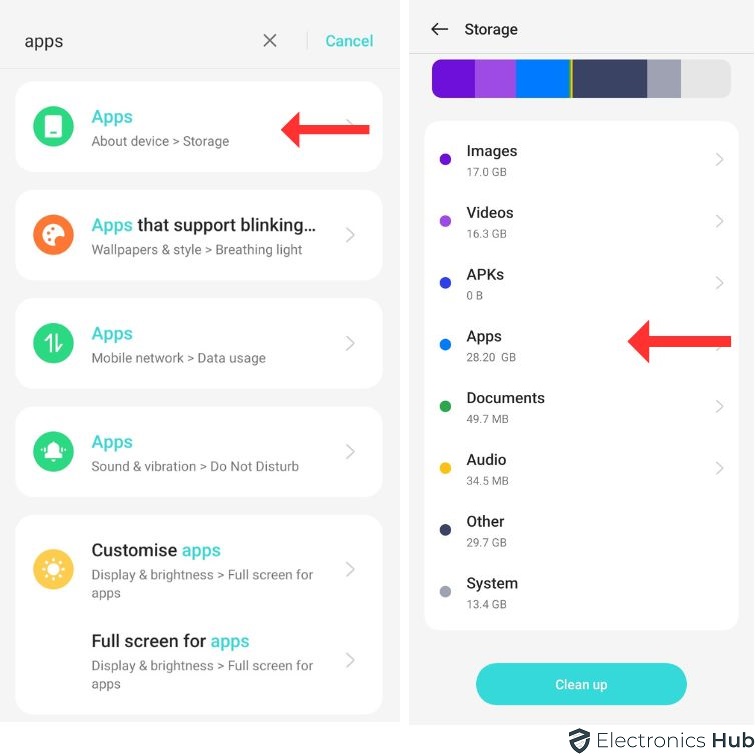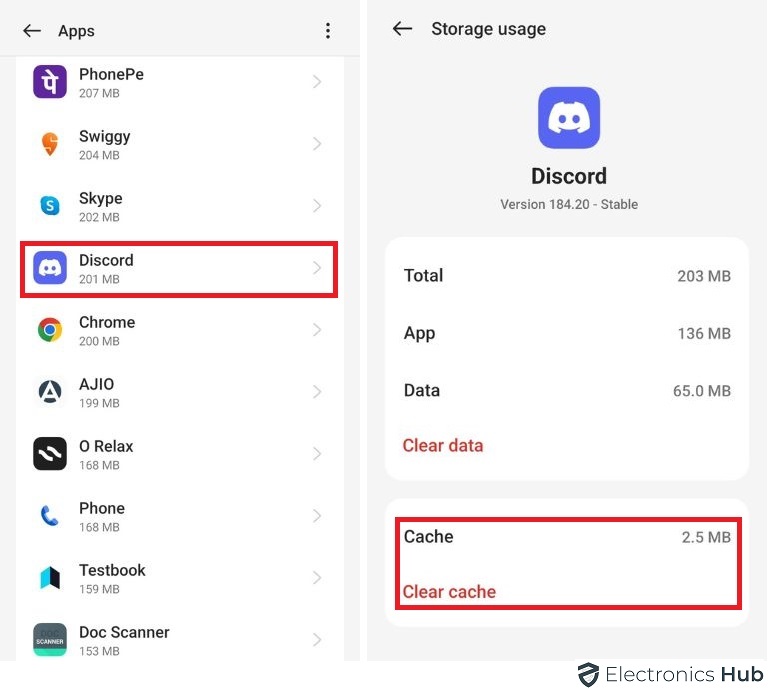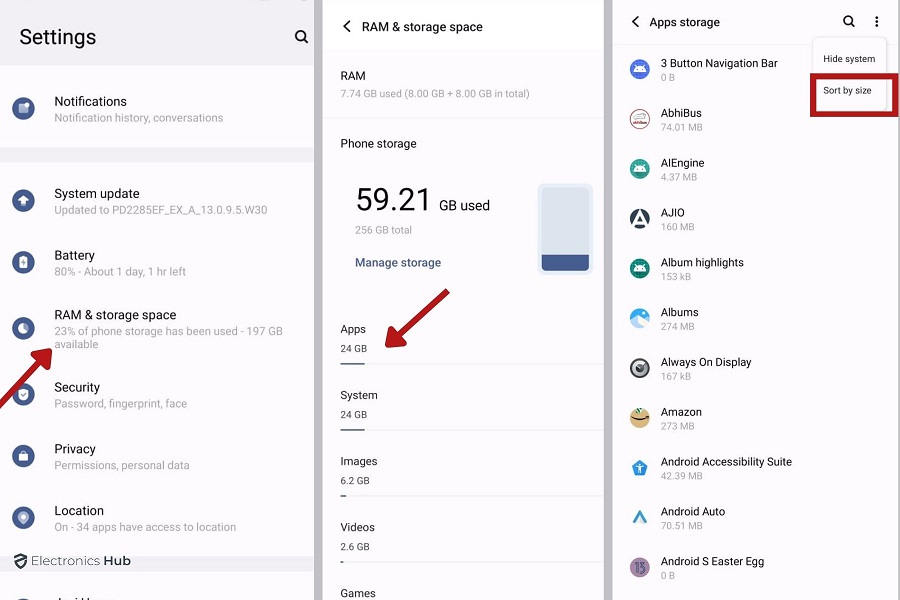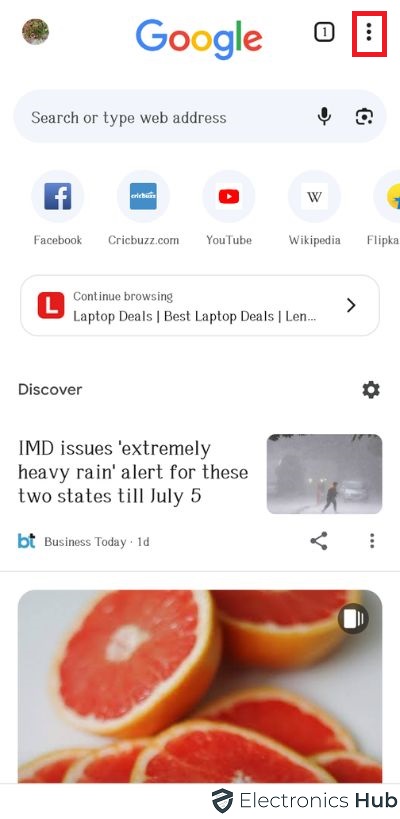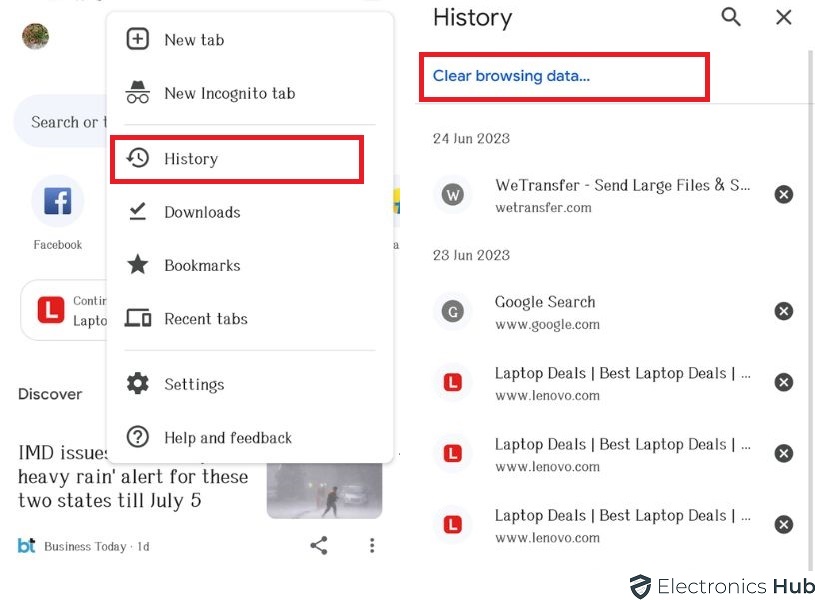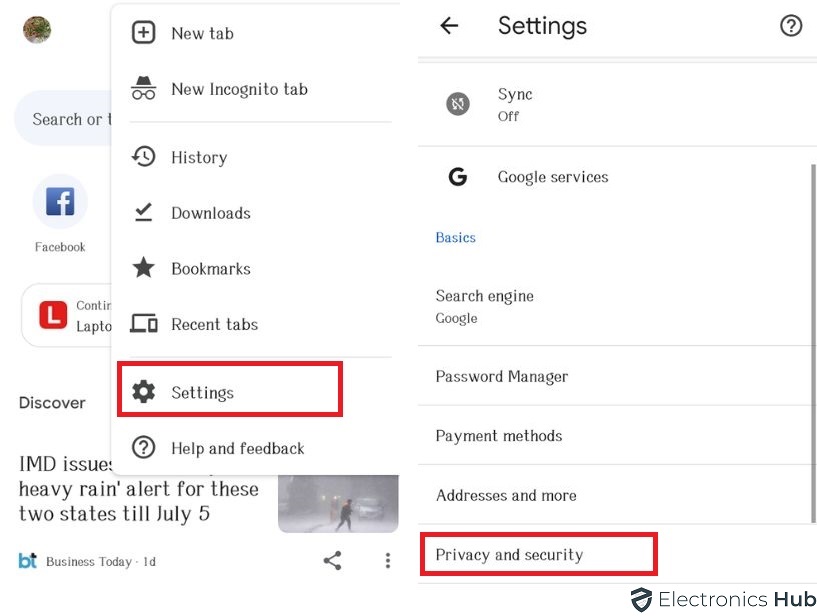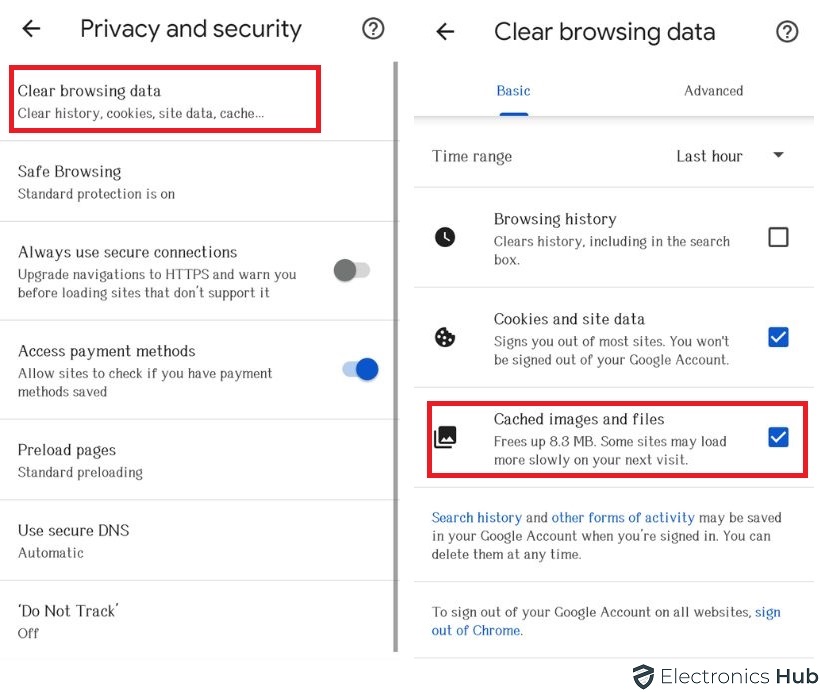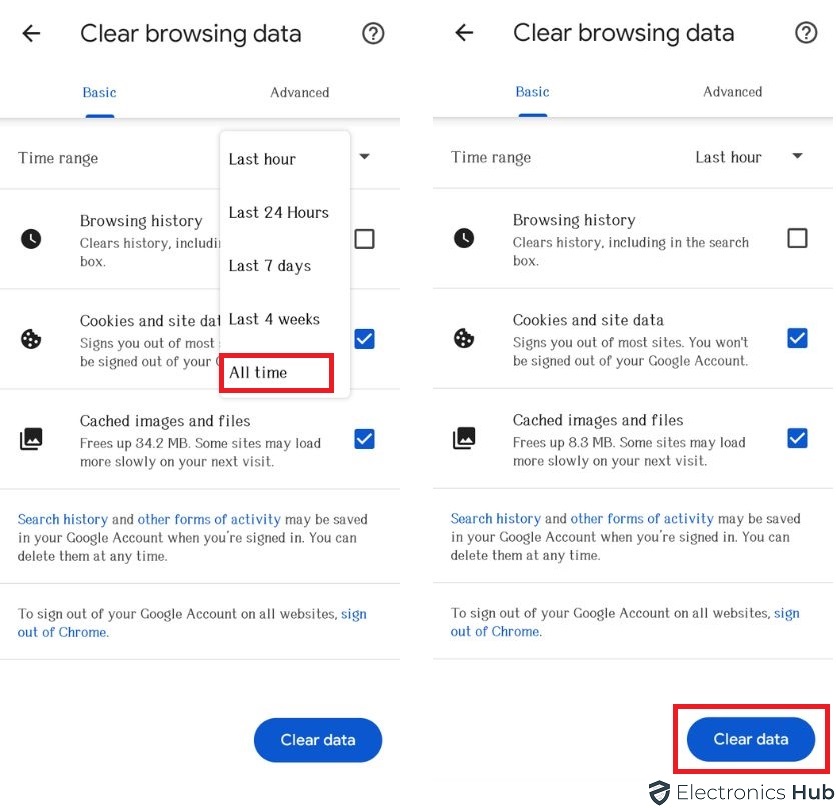Have you ever noticed your Android device getting slower? It can be annoying, right? But don’t worry, we have quick solutions to make it work better!
Try restarting your device – it can fix many problems. If you want to be more specific, clearing cached data is the key.
Say goodbye to unexpected crashes and slowness by following our easy guide to clear the cache.
- What does Cache Stand for?
- When to Clear Cache on your devices.
- Are Cookies and Cache different?
- How to Clear Cache on Android Devices
- Do I have to clear each app’s cache individually to free up storage?
- Is it OK to delete cache files on Android?
- How often should you Clear Cache on Android?
- What data do you lose when you clear cache?
- Why does the cache come back right after you clear it?
- Is it safe to clear the cache?
What does Cache Stand for?
Cache stands for “Caching and High-performance Access to Data at the Edge” In simple terms, a cache is like a quick-access storage that keeps things you use often so you can get to them faster. It’s a way for your computer or other devices to speed up and be more efficient.
When to Clear Cache on your devices.
Clearing the cache on your devices can be helpful in a few situations:
- Storage Issues: If your device is running out of storage space, clearing the cache can free up some memory.
- Performance Problems: If your device is slowing down or behaving oddly, clearing the cache might help it run more smoothly.
- Website Issues: If a website isn’t loading correctly or showing outdated information, clearing the cache can sometimes solve the problem.
- App Glitches: If a specific app is misbehaving or crashing frequently, clearing its cache might resolve the issues.
Remember that clearing the cache means you’ll lose some saved data, like login information and preferences, so you might need to re-enter those after clearing.
Are Cookies and Cache different?
Yes, cookies and cache are different.
Cache:
- Cache is a storage area where your device saves copies of files or data from websites and apps you frequently use.
- It helps these websites and apps load faster the next time you visit by storing temporary files locally.
- Cache is focused on improving the speed and efficiency of accessing data.
Cookies:
- Cookies are small pieces of data that websites store on your device.
- They remember information such as login details, preferences, and user interactions with a specific website.
- Unlike cache, cookies are more about remembering personalized information and settings rather than storing files for speed.
In simple terms, cache is like a quick-access storage for faster loading, while cookies store specific information about your interactions with a website. To Know how to clear cookies on iPhone and how to clear cookies on android
How to Clear Cache on Android Devices
Cached data comes from both your apps and your internet browser. When you use your browser to visit websites, it saves temporary data and files to help those sites load faster next time. This is why you often see similar news and stories based on your browsing history.
So, when you clear cached data, it’s important to do it for both your browser and the apps you use. The guide below gives you step-by-step instructions on how to clear cached data for both.
1. How to Clear APP Cache in Android
Clearing the cache in apps can differ based on your device and the specific app you’re using. Here are two methods to clear the cache:
a. Using Application Method
- Open the “Settings” app on your Android device.
- Scroll down and select “Apps” or “Application Manager.”
- Find and tap on the app for which you want to clear the cache.
- Tap on “Clear Cache.”
b. Using Storage Method
- Open the “Settings” app.
- Select “Storage”
- Select Apps, and click on 3 dots above
- Select sort by size,
- Select an app.
- Tap on Clear Cache and you will see difference just like below image.
2. How to Clear App cache in Samsung Devices
Clearing the app cache on Samsung phones is a simple process. Follow these steps to clear the cache for a specific app:
- Open Settings and choose Apps.
- Locate the app you wish to clear, select it, and tap Storage.
- Tap Clear cache.
If you want to remove all data associated with that app, tap Clear data and then confirm with OK. Keep in mind that clearing data includes any files, settings, or account information connected to that app.
Have an iPhone device looking to clear app cache we have got you covered.
3. How To Clear BROWSER Cache in Android
To clear the cached images and files in your browser, follow these steps:
- Open the Chrome app.
- In the top right, tap More (three dots).
- Look for the “History” or “Clear browsing data” option and select it.
- Look for the “Privacy” or “Clear browsing data” option and select it.
- Within the privacy settings, locate and tap on “Clear browsing data.”
- Select the checkbox for “Cached images and files” to specify the data you want to clear.
- Finally, tap on “Clear data” to remove the cached images and files from your browser.
4. How to Clear Cache in Android TV
- Use your remote to navigate to the “Settings” option.
- Select the “Apps” option.
- Choose any app from the list that you want to clear the cache for.
- Within the selected app, you will find the “Clear Cache” option. Tap on it.
- A confirmation prompt may appear. Select “OK” to confirm and clear the cache.
Do I have to clear each app’s cache individually to free up storage?
Clearing the cache of each app separately can be time-consuming, but it’s not always necessary to do it for every app to free up storage. The decision depends on specific issues you’re facing, such as storage constraints or app performance problems.
If your device has ample storage and is running smoothly, clearing the cache selectively may be sufficient. However, if you’re dealing with storage issues or performance issues with specific apps, clearing their caches individually could help address those concerns more effectively.
Is it OK to delete cache files on Android?
Yes, it’s generally okay to delete cache files on Android. Clearing the cache can free up storage space and enhance the device’s performance. However, you may need to log in again to websites, and some apps might take a bit longer to load initially.
How often should you Clear Cache on Android?
There is no definitive answer, a good practice is to clear the cache every few months. Regularly clearing the cache helps maintain optimal device performance and frees up storage space.
However, if you notice any specific app-related issues or your device’s performance starts to decline, clearing the cache for problematic apps can be beneficial. Ultimately, it’s recommended to assess your device’s performance periodically and clear the cache as needed to ensure smooth operation and efficient storage management.
What data do you lose when you clear cache?
Clearing the cache primarily removes temporary files. You might lose saved preferences, login information, or temporarily downloaded content. However, it doesn’t affect critical data like personal files or settings.
Why does the cache come back right after you clear it?
The cache is meant to store temporary data for faster access. As you use your device, apps generate new cache files. Clearing the cache is a temporary solution; it doesn’t stop the cache from being recreated as you continue to use your apps.
Is it safe to clear the cache?
Yes, it’s generally safe to clear the cache. It’s a routine maintenance task that can help optimize your device. However, be aware that you might lose some temporary data, and apps might take a bit longer to load the first time after clearing the cache.
Conclusion
Clearing the cache on your Android device offers valuable benefits, including freeing up storage space and enhancing performance. It’s worth noting that clearing the cache does not remove any app data, such as saved settings or progress. Therefore, you can confidently clear the cache knowing that your important information will remain intact while enjoying the improved efficiency and functionality of your device.

